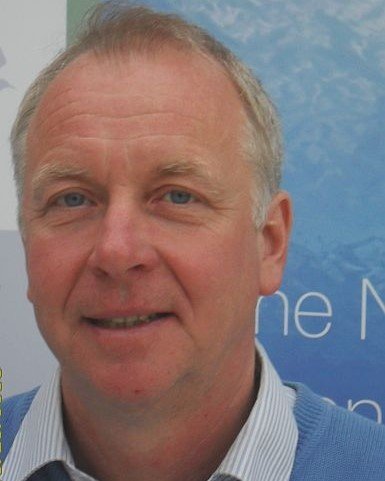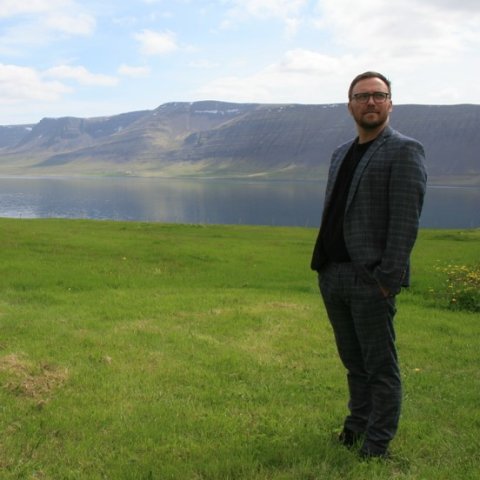Here below you can find all master courses the University Centre offers. All courses are taught in 1-3 week modules running from August through June. See how the courses are organised in the teaching schedule for both programs. Usually 2-3 courses are taught at the same time, but students may only enroll in one course at a time.
The master courses are available to you whether you plan to pursue a degree or just take a course or courses. Please review the options for guest studies to determine how you can apply.
For further information, contact the Administrative Director of Education and Teaching.
Aquaculture, Environment, and Society
- Spring 2025
- Instructors: Dr. Peter Krost / Dr. Matthias Kokorsch
About the course
The course focuses on the interplay between aquaculture and the environment with a focus on principles and concepts related to the ecology of aquaculture. Different aquaculture systems and production methods will be examined. The major theme will be environmental aspects of aquaculture. This includes feed-stuff problems, alternative fish feed ingredients and IMTA approaches (Integrated Multitrophic Aquaculture). The course will also consider societal impacts of aquaculture.
Instructors
lives and works in Kiel, situated in the northernmost region of Germany at the coast of the Baltic Sea. Being born in Essen, an industrial city in the middle of Germany, Peter moved to Kiel to study biology and particularly marine biology. He finished his PHD there in 1990, and spent a year as postdoc in Eilat (Israel), studying environmental effects of fish aquaculture.
After that Peter worked as a research assistant at the Kiel Institute for Marine Science (which is called GEOMAR nowadays) and in 1994 he and 3 of his friends started the company CRM (Coastal Research& Management) which was in those days one of the first marine biology companies in the country.
As the cosmetic sales picked up, they started a new company, oceanBASISLTD, which today produces and sells marine extracts, cosmetics and foodstuffs worldwide.
Another ambition of Peter's is to advise and assist start-ups in the field of sustainable marine bioeconomy. Currently he's a coordinator of a project that will lead to a business accelerator for the aquatic bioeconomy (“AQUATOR”). This project is funded by the Merman Ministry for Research, the consortium encompasses partners from academic institutions and private enterprises.

is the Academic Director of the Coastal Communities and Regional Development program at UW.
My main current research interests include community resilience, regional development, particularly in sparsely populated regions, structural changes of old-industrial areas, and resource management in combination with aspects of justice and decision-making processes.

Learning outcome
On completion of the course a student:
- can compare different aquaculture systems, production methods, breeding programs.
- can recognise common constraints involved in aquaculture at different levels.
- can describe the components and processes of aquaculture systems that interact with the environment.
- can outline main regulations and typical environmental monitoring schemes.
- can discuss how aquaculture can impact local and regional societies
Prerequisites: No prerequisites registered for the course